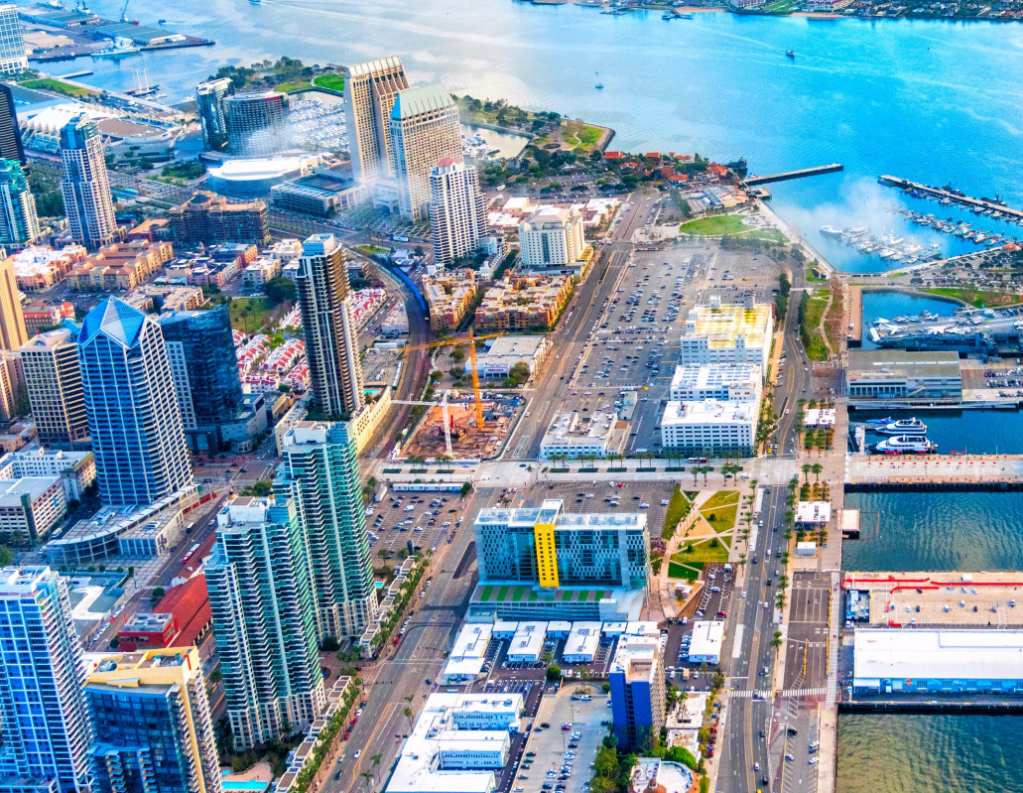Lab Space Oversupply Hits Key Markets
A glut emerges as life science funding dries up and demand slows down, the latest CommercialEdge report shows.
Following the pandemic, lab space demand surged due to breakthroughs in mRNA and CRISPR technologies, coupled with low interest rates that funneled billions into the life science sector, according to the latest CommercialEdge report.

Developers quickly responded, adding millions of square feet through new developments and building conversions. However, this year it has become clear that developers overshot demand, resulting in an oversupply of lab space.
Since 2020, 33.5 million square feet of lab space have been delivered, with another 26.4 million square feet under construction, primarily in key life science hubs like Boston, San Francisco and San Diego.
As more space floods these markets, funding for the sector has significantly slowed. For example, San Diego’s $1.6 billion Research and Development District project is opening without any biotech tenants, and some office owners are now listing empty lab spaces for general office use at discounted rates.
Investor enthusiasm for lab space has also plummeted. In 2022, life science properties traded for a combined $6.2 billion; in 2023, sales dropped to $1.8 billion. Despite this glut, life science is expected to remain a strong sector long-term, as most lab work requires physical spaces, unaffected by remote or hybrid trends.
READ ALSO: Attracting Life Science Tenants in Core Markets
In June, the office-using sector added 12,000 jobs; The financial activities sector added 11,000 jobs, professional and business services added 8,000, while the information sector shed 7,000 positions. Over the past year, office-using sectors have grown by just 0.4 percent, significantly lagging the 1.5 percent national labor market growth. Remote and hybrid work trends, combined with slow job growth, have stifled demand for office space across most metro areas.
At the end of August, the national office vacancy rate reached 19.4 percent, up 200 basis points from the same time in 2023, CommercialEdge data shows. Vacancy rates have risen in most markets, with significant increases in top life science hubs. The Bay Area saw a 550-basis-point rise, closely followed by Boston (540 basis points), San Francisco (440 basis points) and San Diego (310 basis points).
National full-service equivalent listing rates averaged $32.78 per square foot in August, marking a 270-basis-point increase over the year. Some of the markets posting the highest average in-place rents were Manhattan ($68.56 per square foot), San Francisco ($66.93 per square foot), the Bay Area ($54.43 per square foot), Boston ($53.25 per square foot) and Miami ($51.25 per square foot).
Slowdown in office starts, deliveries continues
The office construction pipeline continued to shrink, with 69.8 million square feet underway as of August, representing 1 percent of total stock. Just 34.3 million square feet of office space came online year-to-date as of August, making 2024 the slowest year for office deliveries since 2013. Weakened demand and high capital costs have triggered this slowdown.
In 2023, office starts dropped to 30 million square feet. In 2024, new projects have nearly stalled, with only 8.7 million square feet of office space beginning construction this year.
In Boston, the active pipeline totaled some 11.3 million square feet, representing 4.4 percent of total stock. Dallas had close to 4.9 million square feet of office space underway, or 1.7 percent of stock. San Francisco (4.7 million square feet) and Austin (4.3 million square feet) followed with 2.9 and 4.6 percent of stock, respectively.
Office investment in the first eight months of 2024 totaled $20.9 billion, according to CommercialEdge data. The average sale price for a property stood at $173 per square foot. Manhattan spearheaded office investment, amounting to $2.4 billion in total, followed by Washington, D.C. ($1.8 billion in office sales) and the Bay Area ($1.3 billion).
Read the full CommercialEdge office report.







You must be logged in to post a comment.